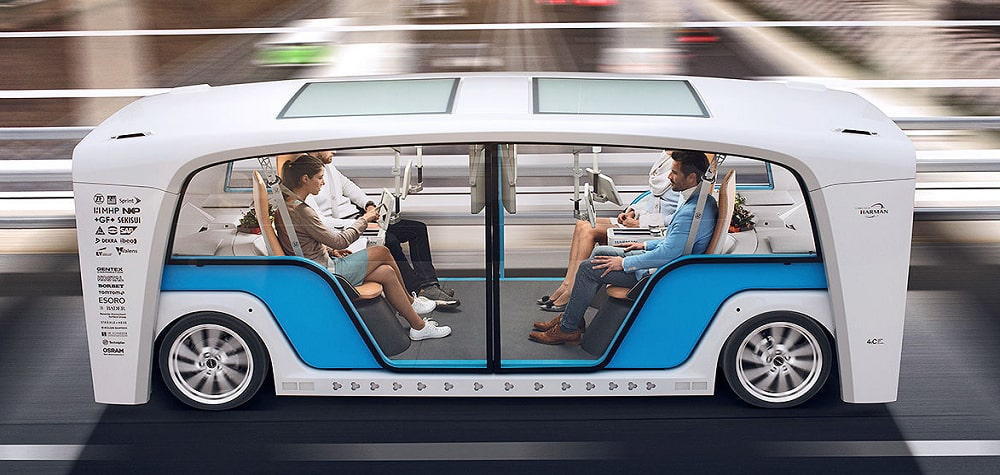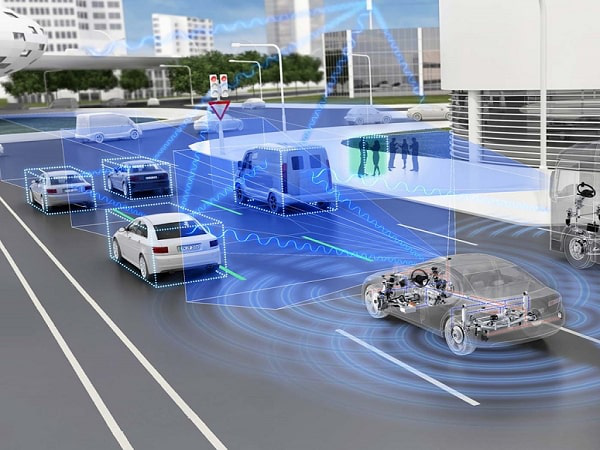Modern technologies have significantly changed the transport sector, paving the way for autonomous vehicles. Driverless cars and drones are already becoming part of our daily lives, offering new levels of comfort, safety and efficiency. In this article, we will look at the current advances in autonomous vehicles and their development prospects.
Driverless Cars
Driverless cars, also known as autonomous or self-driving cars, use various technologies to move without the participation of a driver. One of the key technologies is the LIDAR (Light Detection and Ranging) system, which allows cars to scan the surrounding space and create detailed 3D maps. This allows you to play Casino Amok com games and continue driving in the car.
Large companies such as Tesla, Waymo and Uber are actively developing and testing self-driving cars. Tesla, for example, already offers an autopilot function in its cars, which allows the car to steer, accelerate and brake automatically within a single lane. Waymo, a subsidiary of Alphabet, is developing fully autonomous cars, which are already successfully tested on public roads.
Drones
Drones, or unmanned aerial vehicles, are also making great strides. Modern drones are equipped with high-tech GPS systems, high-resolution cameras and powerful processors that allow them to perform complex tasks. They are used in various fields, from agriculture and delivery of goods to filmmaking and environmental monitoring.
Amazon, for example, is developing a project called Prime Air, which involves the delivery of goods using drones. The company has already conducted successful tests and plans to implement this technology in the near future. Drones are also used to deliver medical supplies to hard-to-reach areas, which is already bringing significant benefits.

Advantages of autonomous vehicles
Autonomous vehicles offer many advantages. Firstly, they can significantly reduce the number of road accidents caused by human error. Accurate and fast reactions of autopilot systems can prevent accidents and save many lives.
Secondly, autonomous vehicles can improve the efficiency of transport systems. Driverless cars can move at an optimal speed, avoiding traffic jams and reducing carbon emissions. Drones, in turn, can perform tasks faster and at a lower cost than traditional delivery methods.
Challenges and Prospects
Despite significant achievements, autonomous vehicles face a number of challenges. One of the main ones is safety. Technologies must be thoroughly tested and certified to ensure their reliability in all conditions. In addition, it is necessary to resolve the regulatory and ethical issues associated with the use of autonomous vehicles.
The prospects for the development of autonomous vehicles are very promising. It is expected that in the coming years we will see the mass introduction of driverless cars on public roads, which will allow you to have fun with Casino Amok com games while driving. Companies continue to invest in research and development, improving technologies and expanding their capabilities.
Autonomous vehicles, including driverless cars and drones, have already begun to change our world. Modern advances in technology have led to the creation of reliable and efficient systems that can improve the safety and convenience of transportation. At the same time, there are challenges that must be overcome to fully implement these technologies. The future of autonomous vehicles promises to be exciting and transformative, opening up new horizons for development and progress.

